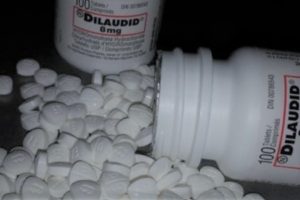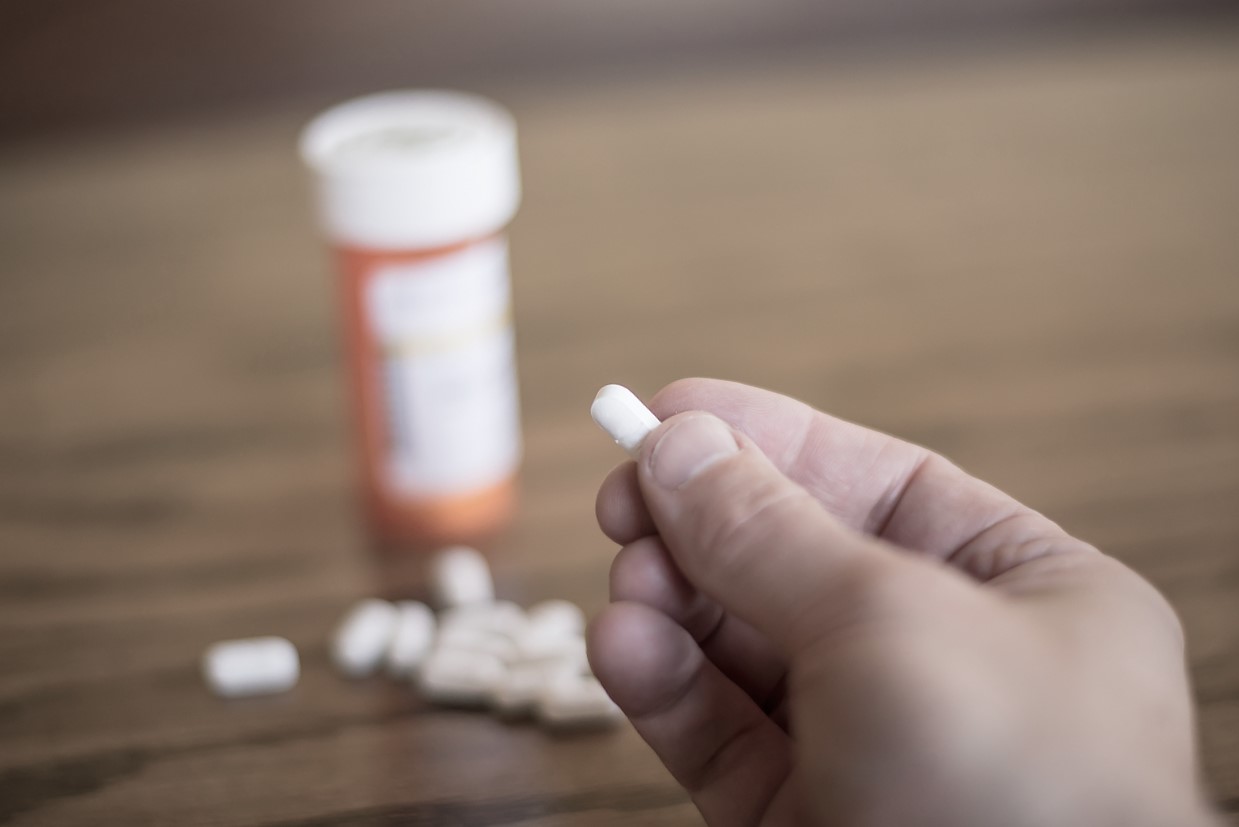Is Dilaudid An Opioid?
Dilaudid is a drug that is meant to provide relief from extreme pain. If you have been prescribed the drug or you're thinking about taking it, it's important to know about how it affects your body and side effects of using it. One of the most common questions about Dilaudid is whether it is an opioid or not.
In this blog post, we will answer the top questions regarding this drug. This can help you make an informed decision about using the drug and avoiding risks associated with misusing the drug.
Contact Us Today for a Confidential Assessment.
Call (877) 959-5909 Now to Speak with a Specialist
What Is Dilaudid?
Dilaudid is a brand name for the generic drug hydromorphone. Hydromorphone is a prescription medication that is a Schedule II opioid analgesic drug. This means that it has a high potential for abuse.
Hydromorphone is a potent drug that is available in tablets and oral liquid form. This drug is also available in extended-release forms for patients who may need pain relief for a longer period.
Is Dialudid an Opioid?
Yes, Dilaudid is an opioid. Hydromorphone is considered a semi-synthetic opioid agonist that was derived from the drug morphine. Like other opioids, hydromorphone works on the central nervous system to relieve pain. If you undergo a drug test, Dilaudid will be positively identified as an opiate.
What Is Dilaudid Used For?
Dilaudid is a prescription drug used primarily to provide relief from acute and chronic pain. When taken as directed by a physician, it can reduce or control pain for three to four hours. It is usually prescribed for pain following surgery, cancer, and serious burns.
Dilaudid provides effective relief from excruciating, long lasting discomfort that cannot be treated by other opioids or painkillers. It's typically prescribed when a person experiences severe irritating pain that limits their daily function.
Are There Side Effects of Using Dilaudid?

It is necessary to contact your doctor right away if any of the less common symptoms occur like blurred vision, agitation, bloating, bloody stools, chest pain or discomfort, decreased urination, mood or mental changes, changes in behavior, suicidal thoughts, severe stomach pain, rapid or troubled breathing, cramping, unusual fatigue, dry mouth, irregular heartbeat, etc.
Is Dilaudid Addictive?

While addictions can develop from legitimate hydromorphone prescriptions, it is also possible to get addicted if the drug is used for recreational purposes. Some people abuse leftover Dilaudid in their home's medicine cabinets or buy the drug from illicit sources like street drug dealers. The problem with sourcing the drug outside of a pharmacy is that there is a risk that the drug is not really what you think you're getting. Many opioids sold in the street are often laced with synthetic opioids like fentanyl. These potent synthetic opioids can quickly cause an overdose and even death when taken or abused.
Treatment for Dilaudid Addiction
Addiction to Dilaudid addiction can be treated. Whether you have been addicted to Dilaudid due to recreational or prescription use, there is hope for recovery. The first step is to admit that you need help.
Seeking professional help is the best option to recover from your addiction. Get yourself admitted in a treatment center that specializes in opioid addiction treatment. You may need help detoxing from the drug to avoid severe withdrawal symptoms. After this, you will have to go into a holistic treatment program that will not only help you stop your opioid use but also treat the root of your problem.
If you or a loved one is struggling with substance abuse, help is available.
Contact Anaheim Lighthouse today.

